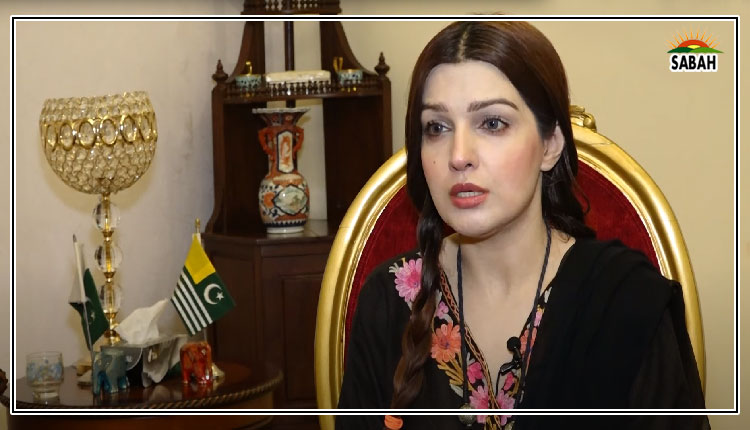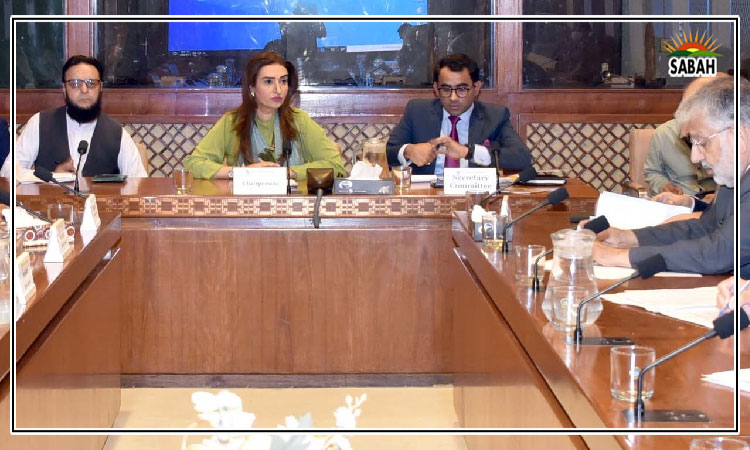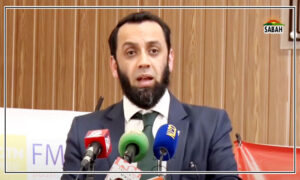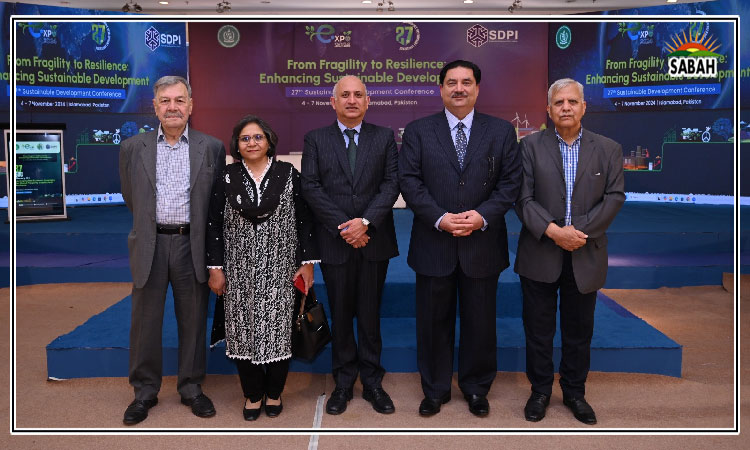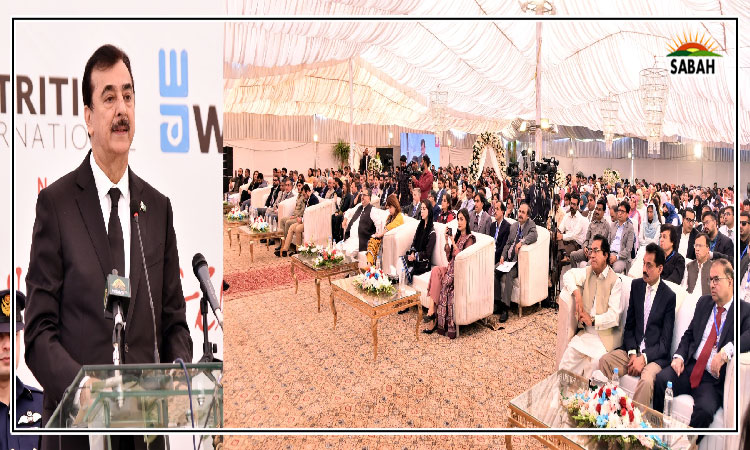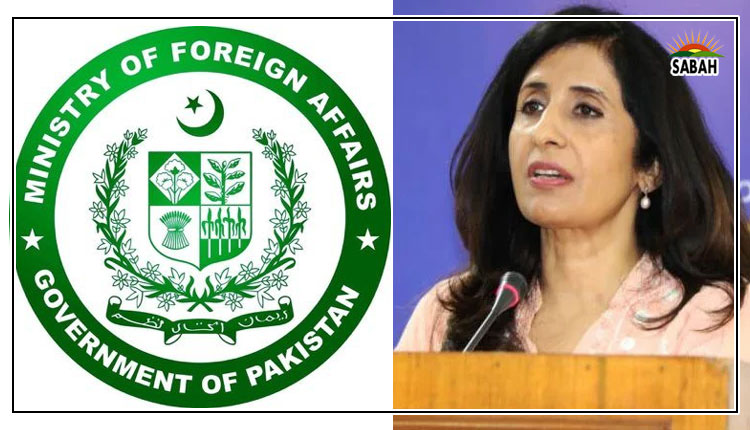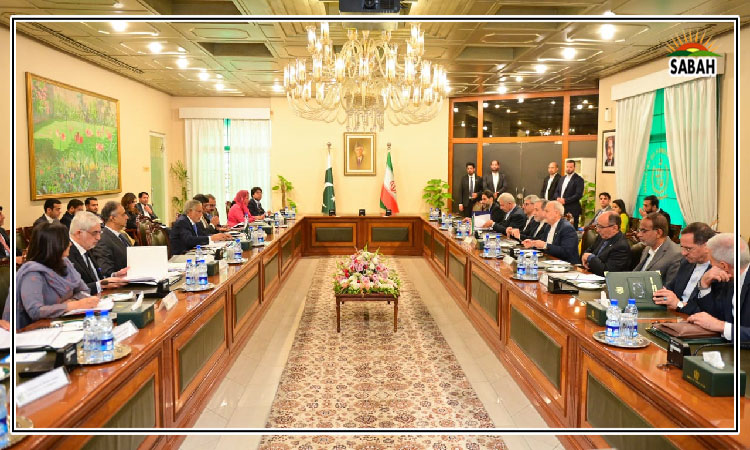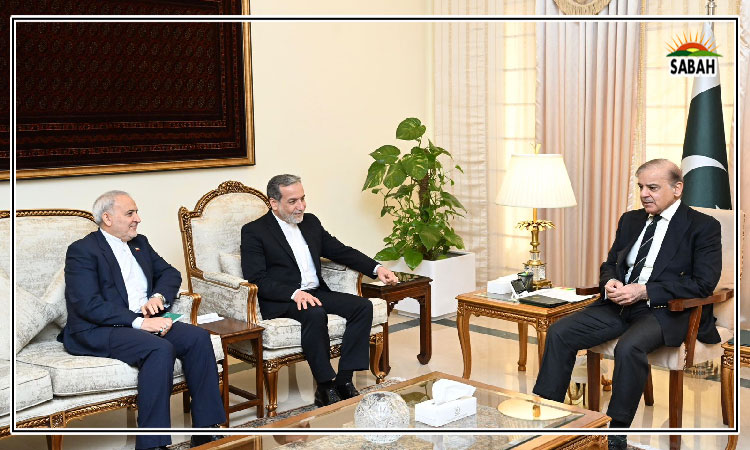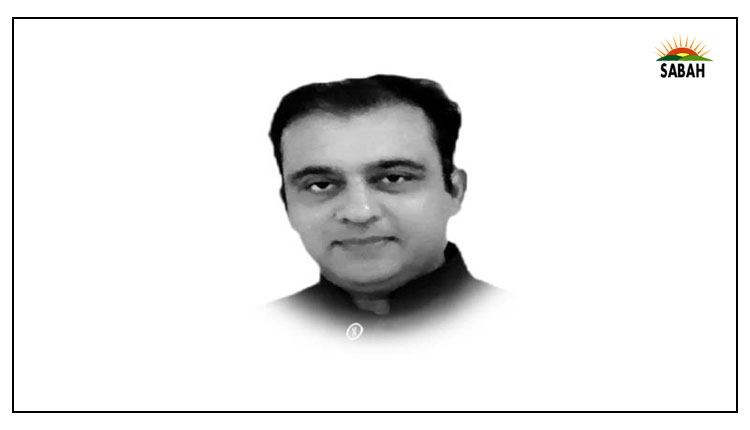Indian elections and Pakistan …. Kamran Yousaf
There was chatter in the diplomatic circles about the prospects of India-Pakistan rapprochement weeks before the election in the neighbouring country. One diplomat remarked that a lot would depend on the situation unfolding before the elections in India. The diplomat was referring to potential escalation in tensions between the two nuclear-armed neighbours, the one we saw before the 2019 polls in India when the two countries were on the brink in the wake of the Pulwama incident. Independent observers declared that India failed to set a new normal — trespassing Pakistani air space without any reprisals. Pakistan air force shot down an Indian fighter jet and captured its pilot.
But the ruling BJP government used the stalemate to its advantage, telling its supporters that India was no longer following a weak foreign policy. Much later the governor of the disputed Jammu and Kashmir region at the time revealed that the Pulwama attack might have been staged to shore up support for the Modi government before the elections. Against this backdrop, Pakistani officials feared there could be another false-flag operation before the Indian elections. Interestingly, the diplomatic circles feared the same. They also felt it was a familiar BJP template — stir up tension with Pakistan to drive home the domestic advantage. However, those fears could not become a reality as the situation remained calm at the border and there was no major incident that could trigger the February 2019 like tensions.
Today when you meet any Indian — be that a diplomat, an analyst or a journalist — one finds a similarity in their views. They are adamant that India is now on a different trajectory. India is recognised as an emerging global power. It is a member of G20 and is not far from joining the G-7 club of highly developed and industrialised nations. Therefore, the popular narrative in today’s India is that Pakistan is no longer important for them.
But there is a paradox, and contradiction. As India is currently undertaking a massive election exercise in seven phases, Pakistan once again takes the centre stage. Over the last few days in particular, there has been a lot of debate about Pakistan in the Indian elections. What triggered this debate was a three-word tweet from former Pakistani federal minister Fawad Chaudhry. A member of Imran Khan’s cabinet, Fawad wrote ‘Rahul on fire’ in response to a video clip on X where Indian Congress Leader Rahul Gandhi launched a broadside against Modi. Fawad’s tweet triggered a storm in the next door neighbour. His statement was picked up by pro-BJP media. They had a field day. The prime time talk shows discussed Fawad’s tweet in length. The BJP’s social media wing went overdrive. So much so that Prime Minister Narendra Modi, who otherwise seldom responded to Pakistani leaders’ statements, opted to dwell at length on Fawad’s tweet. Modi said it was not a coincidence that while Congress was “dying” in India, Pakistan was “crying”. In his speech at a public rally in Gujarat, Modi suggested that there was a nexus between Pakistan and Congress.
This reminds me how politicians in India or Pakistan fool people. Fawad’s tweet never got any traction in Pakistan but across the border BJP presented it as a proof of Congress’ connivance with Pakistan. This is a familiar tactic often employed by politicians in the subcontinent. Pakistan has no dearth of such stupidities. Nawaz Sharif, the three time former Prime Minister, faced taunts as ‘Modi ka yaar’ by his political opponents. Interestingly, if this is the yardstick to gauge anyone’s nationalism, then Pakistan helped BJP regain control in 2019 elections. Remember, then Prime Minister Imran Khan famously said Pakistan wanted to see Modi’s re-election. Imran thought a rightwing and hardliner like Modi could bring about peace between the two countries. What happened after his re-election is of course a story that requires a separate piece altogether.
Courtesy The Express Tribune, May 6th, 2024.


